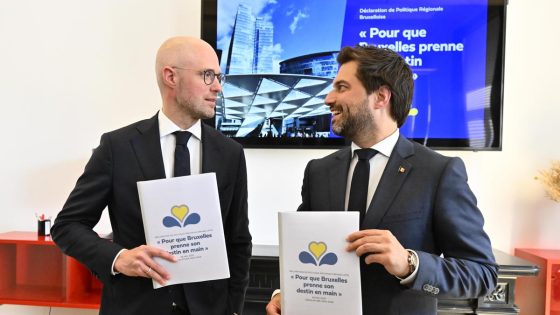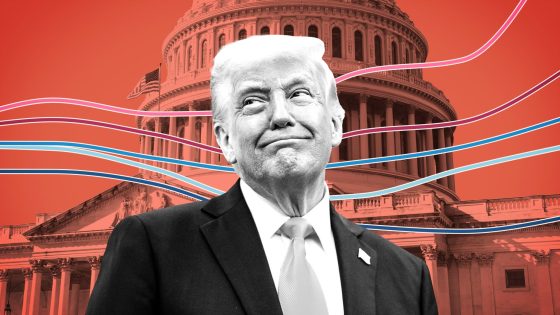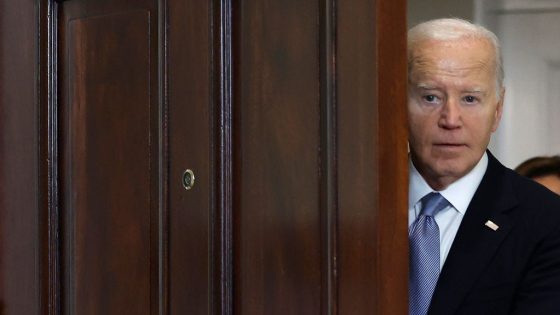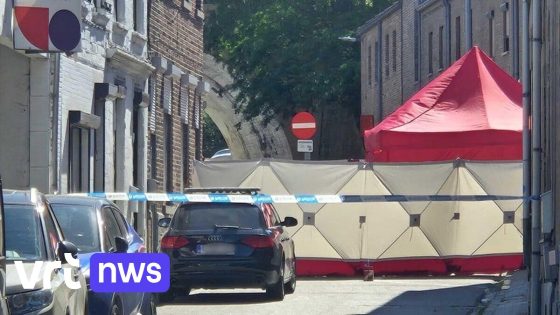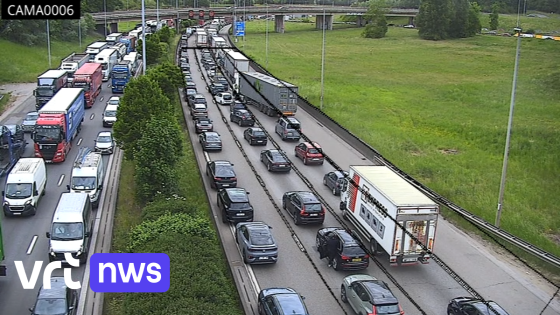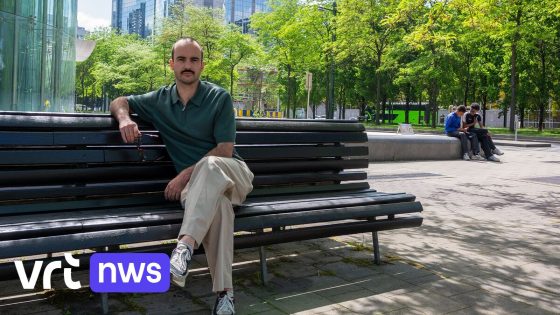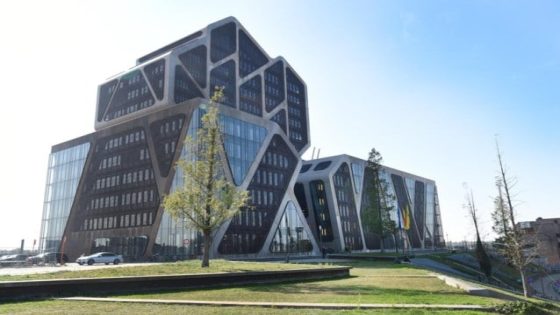Brussels’ political landscape is stirring as the MR party presents an eighty-page ‘bestuursakkoord’ for the new government yet to be formed. This comprehensive governance agreement is circulating among potential coalition partners, inviting feedback and adjustments. As of 2025-05-30 20:40:00, anticipation builds around whether this initiative will accelerate government formation in the Belgian capital.
- MR schrijft tachtig pagina’s bestuursakkoord voor coalitie
- Groen vraagt dialoog, wijst ‘take it or leave it’ af
- Laaouej roept vergadering met linkse partijen bijeen
- Les Engagés overweegt coalitie zonder MR in Brussel
- Deadline Brussel: bijna een jaar zonder regering
- Waarnemers rekenen op nieuwe verkiezingen in 2029
The approach is unconventional—agreeing on a governing accord before finalising the team. MR argues that traditional talks in Brussels have stalled, urging partners to think outside the box. But will this strategy bridge divides or deepen scepticism among key players?
With coalition partners cautiously reviewing the text and some openly critical, the question remains: can dialogue replace deadlock, or will Brussels face continued political limbo? Here’s what this means for the city’s governance and future.
Why is Brussels’ government still in limbo despite MR’s bold move? The situation highlights deep political divides and strategic positioning:
- MR’s ‘take it or leave it’ tone frustrates potential partners seeking genuine dialogue.
- Groen and other Flemish parties remain cautious, signalling openness but no commitment.
- PS and MR continue to drift apart, complicating coalition possibilities.
- Upcoming financial reviews and a looming one-year government vacancy add pressure.
Will Brussels’ parties find common ground soon, or are new elections inevitable? Citizens and observers alike should watch closely as negotiations unfold, knowing that the city’s political future—and its economic health—hang in the balance.



